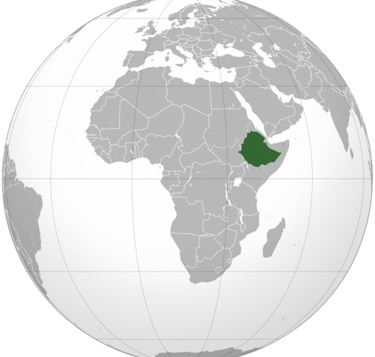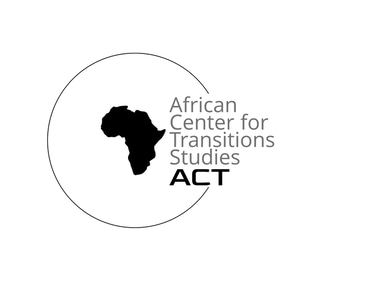Based in Addis Ababa, Ethiopia, ACT aims to closely engage the African Union (AU) in relation to preventing and transforming the continent’s violent transitions through transitional justice.
ACT collaborates with AU and RECs to promote the concept and implementation of transnational transitional justice. In this regard, ACT appears to be the pioneer organization to advance the notion of transnational transitional justice.
ACT works in Ethiopia, the IGAD region, and across Africa. It will partner with other SCOs and grassroots organizations in African countries to ensure a broader presence.
Regional Focus


Conflict Root-Causes and Evolution (CRCE)
This program aims to investigate conflicts and their evolution as leading to violent transitions with the aim of preventing conflict escalation and dealing with the past through evidence and dialogue.
ATJ
COC
CRCE
HRRL
CSMA
Corruption and Organized Crimes (COC)
This dwells on the interplay between transitional periods and organized (transnational) crimes. It examines how political transitions provide a conducive environment for organized criminal networks and how the potential surge in organized criminal activities may halt reforms and progress of a transitional period.
Moreover, this theme aims to strengthen community and institutional resilience to corruption and organized crime at a time when societies are often at their most vulnerable.
Accountability and Transitional Justice (ATJ)
This programmatic area focuses on the design and implementation of various elements of transitional justice, such as criminal accountability for gross human rights violations, reparations, amnesty, and truth-finding. It focuses on questions of participation, sequencing, and synergy in the implementation of transitional justice as well as in employing traditional dispute resolution mechanisms as indigenous tools of conflict management and peacebuilding.
Human Rights and the Rule of Law (HRRL)
In a transitional context and with the aim of preventing and transforming violent transitions, the human rights and the rule of law program deals with the implementation and enforcement of human rights norms and mechanisms, including institutional reform and good governance.
